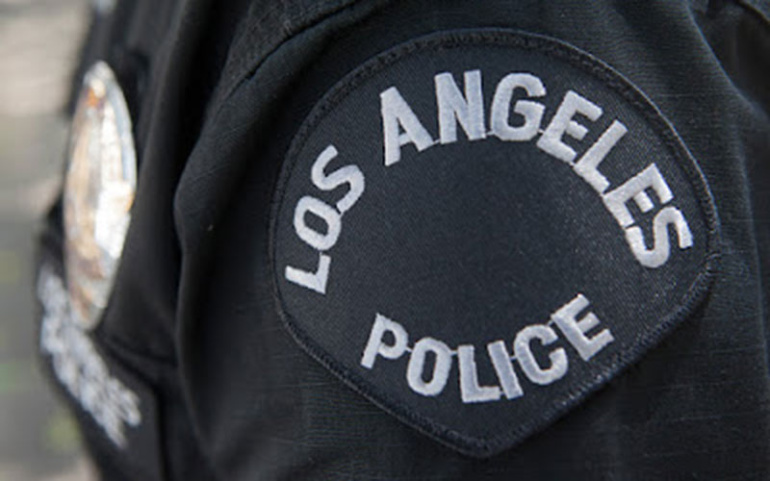Monica Westfall: In one interview, you said that you “try to prepare folks going into the force to know what really goes down.” What do you believe to be the biggest difference in what new recruits encounter in training versus what really goes down?
Sgt. Cheryl Dorsey (Ret.): Well, it’s probably not that different from any other occupation, I would imagine, in that you’re taught in a very sterile environment. You’re taught the proper way, the by-the-book way. Then when you get out of that sterile environment into the real world – the old salts, the old guys who have been around would tell us young whipper-snappers, “Forget everything you learned in the academy, this is how we really do it. Some of it was still by the book, but some of it not so much.
What do potential recruits seem to find most surprising about the reality of the job, and do you find that the reality of policing tends to cause those considering police work to change their minds about becoming officers?
So, I think what may hamper folks from becoming a police officer is largely based on their lived experiences. I think a lot of it, particularly in my community – the black community – is a lot of bad-mouthing of the occupation. So, I think young people tend to get discouraged from joining by friends and family. When I was a young recruit candidate, a young man I was dating at the time told me if I joined the LAPD, he would dump me – and he did. I participated on a panel with a research professor who surveyed black and brown males at various ages between elementary school through college. How they thought and felt about the police was very similar but for different reasons. The elementary school aged males held opinions regarding the police based on negative interactions expressed by a relative. If children hear negativity about police at home, they begin to form the opinion that police work is not anything they’re even remotely interested in doing. That was true for me growing up. But ultimately, I needed a better paying job with good benefits. High school and college aged males expressed negative opinions of police based on their own experience of racial profiling. Then once I entered the academy I was not being told truthfully what to expect from my peers. I was naïve and unsuspecting. My problems were mostly internal – never with the community.
In the 1980s, I worked with white male partners who didn’t think women had a place on the job, especially black women. Nobody ever told me to get ready for that in the academy! You know, they showed me how to put on handcuffs and how to fire a gun, how to handle radio calls but not institutional, systemic racism and sexism. No one trained me on exactly how to resolve conflict when you have it with the person who’s sitting 12 inches away from you in the car! And really, what you learn post-academy is to just suck it up! Just get tough! Get over it! I talk about it in my book, Black and Blue, I had to learn to turtle-up. There was no safe place to report my partner who treated me poorly, or when my supervisors ignored maltreatment, misogyny, and sexual harassment – there was nowhere to go without being ostracized for airing dirty laundry.


Add Comment